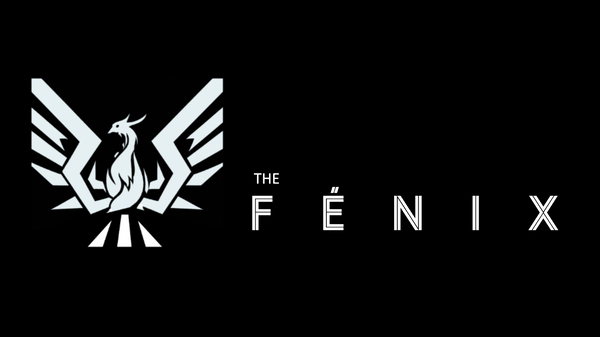In life, and in particular, in business, we often seek to pick the "low hanging fruit". Getting to the low hanging fruit and getting the reward offered it offers is easy. Why go for the hard-to-get fruit when there is low hanging fruit right here?
Makes sense. But, if we think long-term, we may find that seeking difficulty puts us in a better position in the future. For example, and to stay in the world of fruit, what if we got good at climbing trees? Then the fruit up high may be almost as easy to get as the low hanging fruit. And if we come to a tree after somebody else has already picked the low hanging fruit, we may be very thankful that we've developed tree climbing skill.
John F. Kennedy kicked off the Apollo program with a famous speech that encapsulates how this perspective maybe be applied to strengthening a nation. It provides us with the first reason why we should indeed use slip under work in our hockey training even though slip under moves are rarely seen in games. He said:
"...Why, 35 years ago, fly the Atlantic? Why does Rice play Texas? We choose to go to the Moon. We choose to go to the Moon... We choose to go to the Moon in this decade and do the other things, not because they are easy, but because they are hard..."
But Because They Are Hard
Kennedy may have been wrong about how well that perspective actually works in service of strengthening a nation. I tend to think that it may fail in many political climates, but if you happen to be in a political climate where you can unite the nation around a project the way that apparently happened with the Apollo Program, it can improve the nation. However, that is not the point here.
The point here is that it is the very perspective behind training as preparation for human performance (athletic, academic, or otherwise). We choose to do these things because they are hard.
And the fact that they are hard means our body (in the athletic case) will be stressed by the task. That stress is the key step in stimulating adaptation. Our bodies adapt such that things will be easier the next time we encounter the same task.
This is obvious for people in the context of the weight room or in cardio development. It's even obvious in the context of skill adaptation. Want to learn to ride a bike? Go ride a bike... your nervous system will adapt and it'll get easier and easier.
But, what if you want better balance? You could stick with the same answer... go ride a bike. But, eventually, riding a bike will get easy. And then it won't challenge your balance enough anymore. Adaptation will stop because its not hard enough So, we need to do something that is hard. We need to find a more extreme balance challenge.
What if we want better puckhandling skill? We need to find puckhandling tasks. When those become easy, we need to find harder puckhandling tasks. Slip under training can start easy by taking it slow and keeping the intricacy of the puckhandling movements to a minimum. But, it can also be made extremely difficult by pushing the speed and the complexity.
Want better puckhandling? Choose to do things not because they are easy but because they are hard. And slip under training can be made really really hard!

